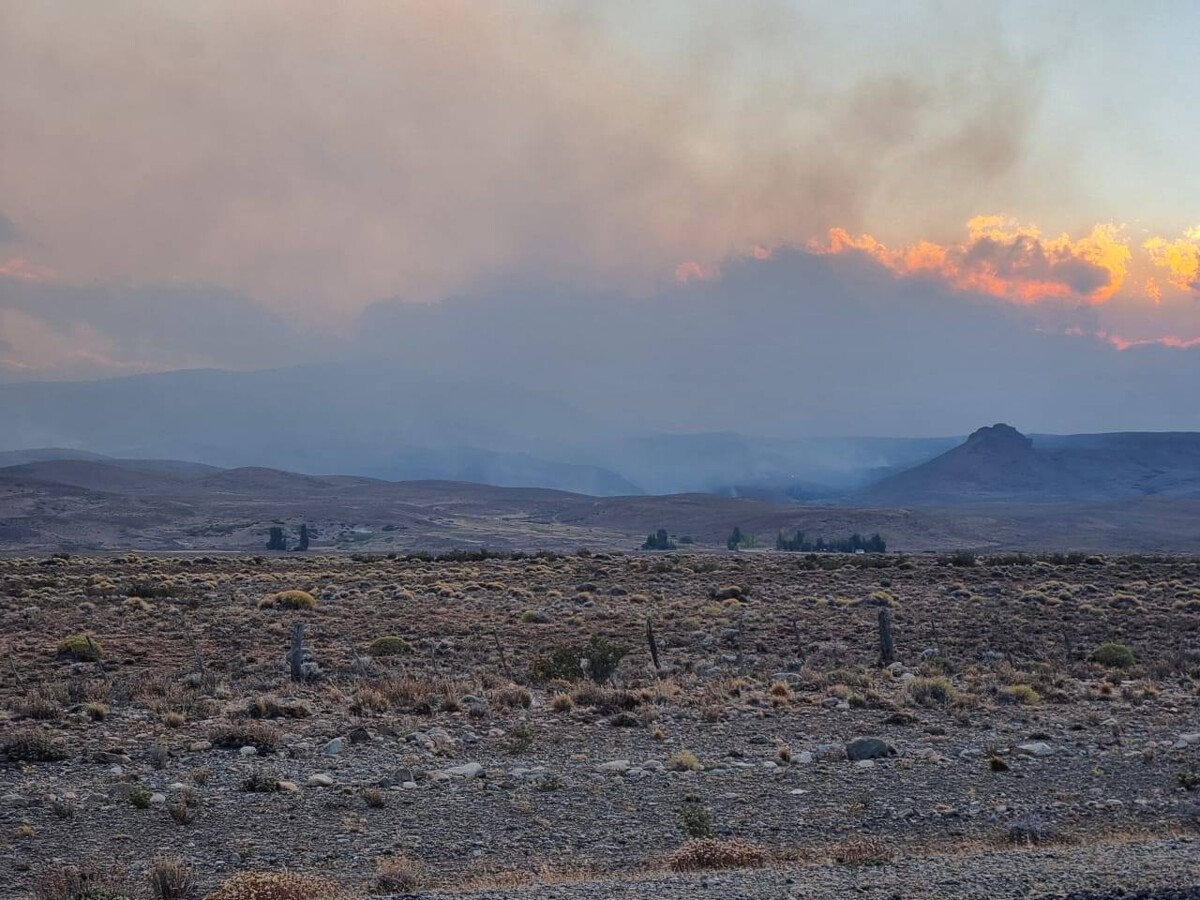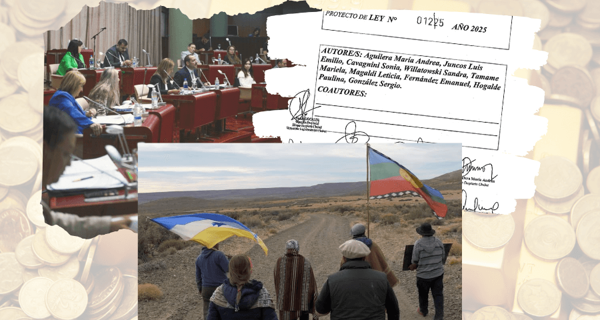
In the midst of the fires in Patagonia, accusations have emerged with names and surnames, pointing to an individual for provoking another fire. The complainants publicly assert that Governor Torres limits himself to visiting the Andes to make misinformation videos about his real estate businesses in the Laguna Carao area, without showing commitment or affection for the situation.
The firefighters battling the flames have expressed their concern over the lack of personnel and resources in the fight against the fires. Hernán Mondino, a firefighter from Los Alerces National Park, has highlighted the precarious conditions in which they work and the shortage of adequate salaries for the sector.
Since the first major fire outbreak was detected in Patagonia on December 25, firefighters have been battling the flames with the resources available. Currently, around 400 firefighters are deployed across the country to combat the fire, facing challenging conditions.
Amidst the crisis, the owner of the private land where one of the fires started, "Establecimiento La Batea," and his two employees have been pointed out as the alleged culprits. Despite the accusations, the Nahuelpan community is in a desperate situation, with no adequate response from the authorities.
The situation is exacerbated by the lack of resources and the precariousness of the workers fighting the fires. Meanwhile, a worrying trend of criminalization of members of indigenous communities and firefighters battling the fire has been observed, without strong evidence to support the accusations.
As the fires continue to spread, the Nahuelpan community is in danger, with no effective response from the provincial authorities of Chubut. The lack of resources and support for firefighters aggravates the situation, while a double standard is evident in the treatment of individuals suspected of starting the fires.
The need for effective management and adequate prevention policies becomes evident amidst the environmental crisis facing the region. Meanwhile, efforts to find those responsible seem to divert attention from the true magnitude of the problem and the importance of protecting territories and the environment.














